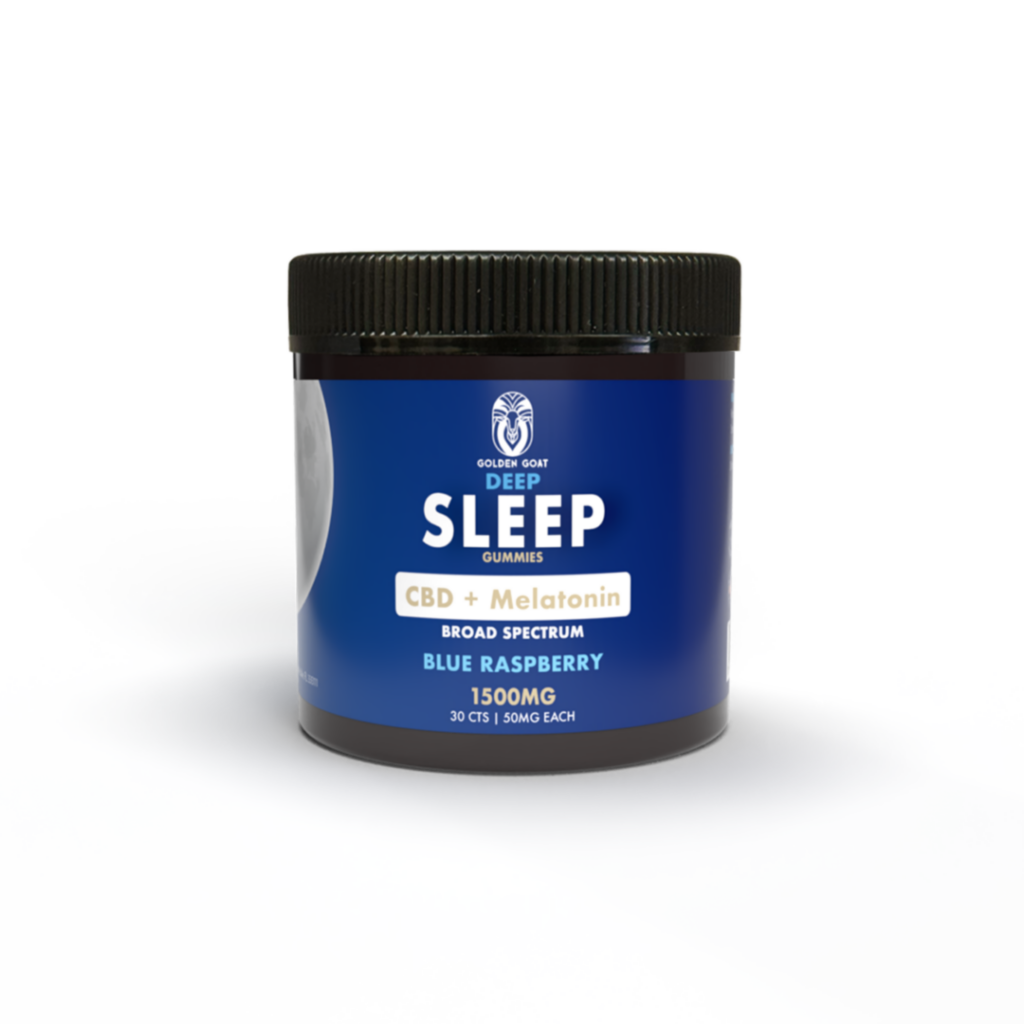Menopause is a natural transition and we don’t talk about it enough. There are so many random symptoms and happenings that we experience during peri menopause and some symptoms that continue through post menopause, and not enough information about any of them! Even some of the most well documented and talked about symptoms like the mood swings and hot flashes don’t have enough information about them, and there’s so many other things that we experience that aren’t even explained as symptoms of menopause. This article will talk about some of the symptoms you can expect if you’re experiencing menopause. Read through this and share it with your partner and friends so they are better equipped to help you through menopause.

Understanding Menopause:
Menopause is serious, natural, and impacts all women to varying degrees. It can take years to go from perimenopause to menopause and finally post menopause, and there are unique challenges and impacts during all three of these stages of menopause. The key thing to understand and come to terms with is menopause is normal and inevitable. You shouldn’t be ashamed about it and you shouldn’t feel bad about sharing your experience with others. By sharing our understanding of menopause and how we cope with the various symptoms associated with it, we can make life easier for ourselves and other women. Let’s talk about the various stages of menopause, what they mean, and what you can expect during this part of your life.
What is Perimenopause?
If you’re new to this and are just getting introduced to menopause and its effects, you may not have heard of perimenopause. When we say peri, what we mean is the years leading up to menopause. Many women and even some doctors confuse perimenopause with menopause. During perimenopause, you may see some changes in your period frequency. For some women, periods will become a little less frequent, and for others their cycles will speed up. Some women also begin to experience some common symptoms associated with full blown menopause, including hot flashes, fluctuations in weight, and mood swings. These symptoms alone don’t mean you’re in menopause or close to being post menopause.
What is Menopause?
Menopause is defined as not having a period for 12 months straight. During these 12 months, you’ll experience many of the symptoms mentioned above (hot flashes, mood swings, changes in weight), and many more. Once you’ve gone 12 months without having a period, you are officially post menopause.
What Causes Menopause?
As unsatisfying as it is to say it, there isn’t a clear culprit that causes menopause. The leading theory is that menopause may be caused by the natural decline in hormone (primarily estrogen) levels. The decline in estrogen levels could also explain many of the symptoms people associate with menopause, including the mood swings, hot flashes, and weight fluctuations.
Post Menopause
We all understand what is implied by post menopause, but why make the distinction? The main reason for the distinction is that once you’re fully out of perimenopause and have gone 12 consecutive months without a period, you are very unlikely to ever have a period again. Because of this, the biological function of your period stops happening and you can no longer get pregnant. Some women believe that post menopause means they won’t experience the hot flashes, mood swings, and other things any more, but that isn’t necessarily true. Some women do see dramatic decreases in the frequency of hot flashes and mood swings, and some do fully stop experiencing them, but moving out of menopause and into postmenopause does not necessarily mean the symptoms go away. There are accounts from women all over the world that still experience hot flashes even 10 years after menopause.

What are hot flashes?
We’ve mentioned hot flashes a few times, but what are they, actually? We have a blog dedicated to hot flashes and how you can manage them, but here’s the rundown on what causes them. When we begin perimenopause and transition through menopause, our estrogen and progesterone levels decrease. Estrogen and progesterone are both important hormones that help us regulate our body temperatures. When these levels decrease, our internal thermostats become a little less accurate, and more sensitive to sudden changes in temperature. This is your body’s physical reaction to temperatures and isn’t just a mental thing. Hot flashes can be downright debilitating and are sometimes strong enough to wake you up at night, disrupting your sleep and making many of the other symptoms of menopause worse.
Does Menopause Cause Mood Swings?
One of the common symptoms of menopause is sudden fluctuations in mood, or mood swings. Your body is changing because of fluctuations in your hormones, the same hormones that also inform your mood. Your body is also just changing, and it makes sense that you would have a psychological reaction to that. Mood swings are a normal part of experiencing menopause.
Dryness
Vaginal dryness is a symptom that doctors don’t address enough, but not talking about it doesn’t make it any less real. If you experience dryness, just know you aren’t alone, it is a normal part of menopause, and there are things you can do to help alleviate it. The reason for the dryness is the same as many of the other symptoms of menopause – estrogen is the hormone in your body responsible for keeping your vagina healthy, and when you have less of it in your body, your body stops doing everything it normally did.
Fluctuations in Weight
This is another thing that isn’t talked about enough. When your hormone levels fluctuate, your weight does too. Some women experience weight gain despite no change in their behavior. This is all hormone related, but it is possible to lose the weight gained through dietary changes and exercise.
Gas
A lesser known, less fun to talk about symptom is feeling gassy. Its an uncomfortable feeling that doesn’t really go away, and it can pass when you least expect it. Sometimes referred to as menopause bloat, this symptom can be avoided with changes to your diet, but the foods that trigger your menopause bloat will be unique to you and your stomach.
Medications and Cures For Menopause
There is not a single “cure” for menopause, it’s an inevitability. There are some things that can alleviate your symptoms or at least help manage them better. One of the most commonly sought after treatments for menopause is hormone replacement therapy. This option is one that needs to be approved and prescribed by a physician, so please talk with a doctor if this is something you’re pursuing or curious about.
Do Dietary Changes Help With Menopause?
Dietary changes can help you manage your symptoms and also keep your body healthy. There are countless recommendations for the most important vitamins and supplements to take, we recommend speaking with a dietician or doctor to figure out if you need more than what you can get by eating a balanced diet. Some important nutrients to keep in mind are calcium and vitamin D.

Do You Need To Exercise During Menopause?
Exercising is harder when you’re in any of the stages of menopause. Your hormone levels are different, throwing off your energy levels and even impacting the serotonin receptors in your brain. These receptors are the things that give you the good feelings when exercising, meaning exercising will literally feel less enjoyable during menopause. Even though it feels less rewarding, the health benefits from exercising are essential not just for managing your menopause symptoms but also for having a healthy and happy life. Exercise can give you more control over your energy levels, help with mood swings, bloat, and the weight fluctuations associated with menopause.
Other Recommendations
Common advice we’ve seen from doctors, bloggers, and women with menopause that speak about their experience, is cutting out caffeine and alcohol. The reason for this is because caffeine and alcohol are both triggers for hot flashes, and some women are more sensitive to caffeine during menopause and experience stronger feelings of anxiety.
How does CBD Interact With Menopause?
If you already use CBD, you may be wondering if there are any risks associated with continuing use, or you may be wondering if CBD can help you manage the many symptoms associated with menopause. There isn’t any research showing that CBD is harmful to women experiencing menopause. If you have specific questions about using CBD, we recommend speaking with your doctors to make sure that its safe for you.
Does CBD Help With Menopause Symptoms?
There haven’t been any large, long term studies on the impacts of CBD and menopause. We’ve read many firsthand accounts and articles from women dealing with menopause that use CBD. There is not strong evidence that CBD would assist with the mood swings, weight fluctuations, or hot flashes as these are mostly hormonal, but CBD does have other benefits that can help women dealing with menopause.
Improving Sleep Quality and Combating Insomnia:
A throughline from our conversations with women and our research online has shown that many women with menopause take CBD for help sleeping. CBD is known to help people calm down and relax, making it easier to get to sleep. We’ve read accounts from women that say CBD helps them manage their mood swings, and many others say it helps them unwind and sleep through the night.

Consulting with Healthcare Professionals:
Golden Goat CBD emphasizes the importance of consulting healthcare professionals before incorporating CBD into a menopause management plan. It’s crucial to ensure compatibility with individual health conditions and medications.









